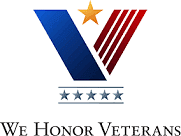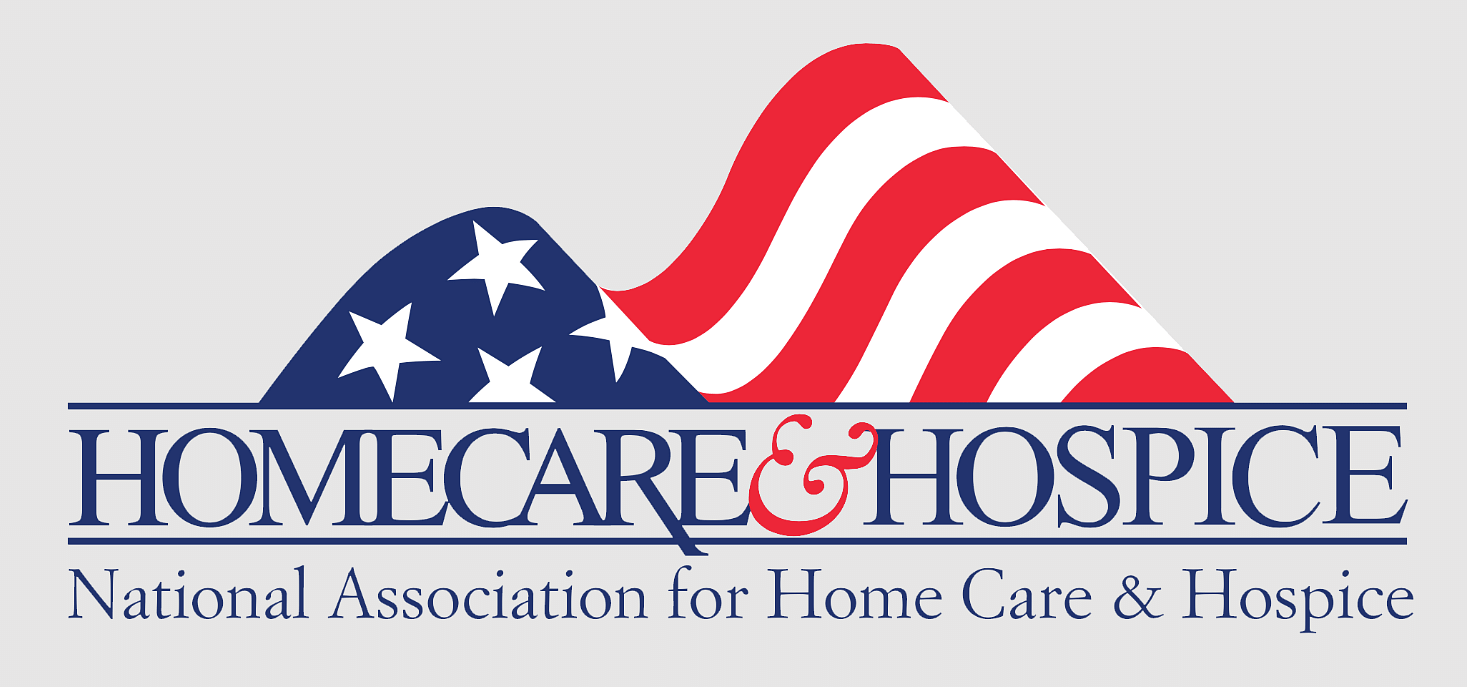Hospice for Veterans
Veterans live with experiences that shape how they see health, family, and the end of life. Hospice for veterans makes space for these needs with care that respects service, honors sacrifice, and eases symptoms at home or in a care facility. Anvoi Hospice provides hospice for veterans that blends clinical skill with support for military culture and values where families get practical help, clear guidance, and a team that shows up when it counts.
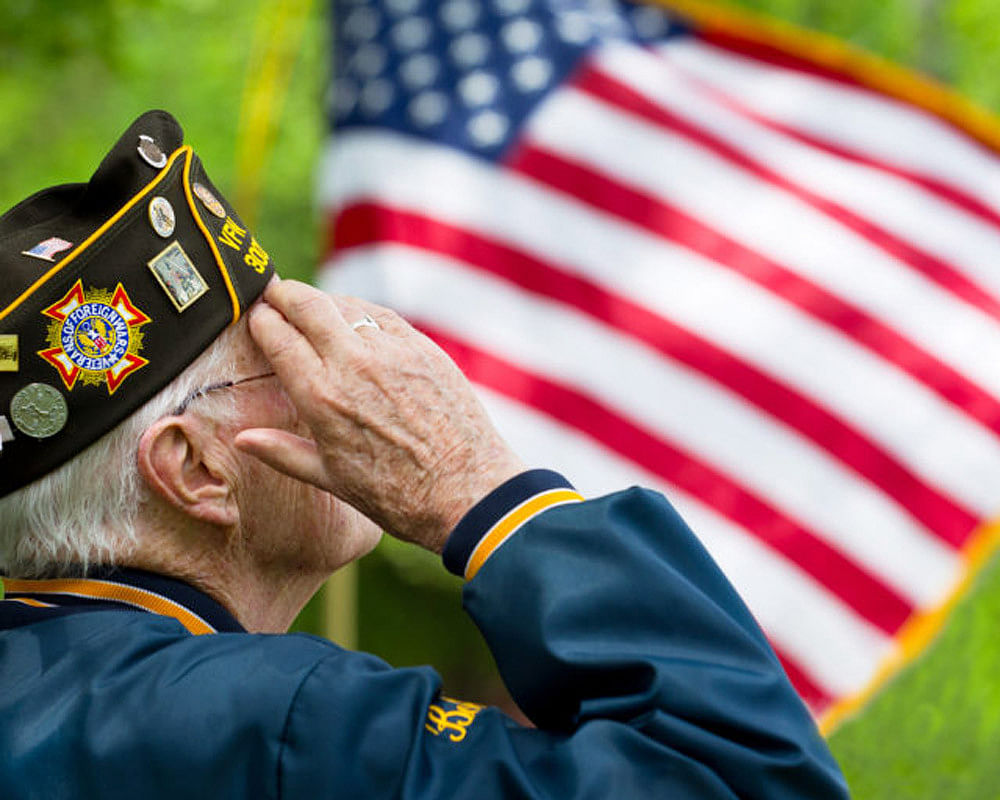
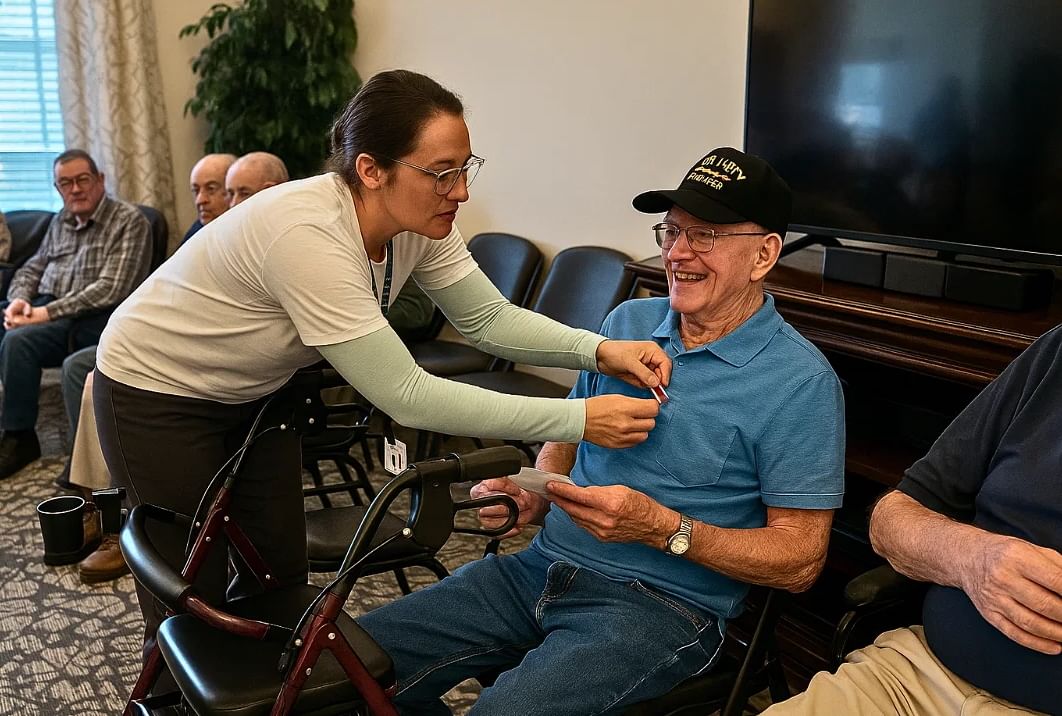
Why Veteran-Focused Hospice Matters
Military service can add layers to serious illness. Some veterans face chronic pain, breathing problems, or heart disease linked to years of demanding work. Others carry memories of combat or loss that can surface again when health declines. A veteran may have exposure to chemicals or injuries that change how the body responds to treatment, and veteran-focused hospice addresses these realities with trauma-informed care, careful medication planning, and staff trained to communicate with respect for rank, service, and unit history. Family members also receive support, since caregiving can be stressful and confusing without a steady guide.
What Our Hospice for Veterans Includes
Comfort is our first priority. Nurses and physicians set a plan to manage pain, shortness of breath, anxiety, nausea, constipation, and insomnia. Medications are reviewed for safety and effectiveness, and equipment like hospital beds, oxygen, and mobility aids are arranged when needed to make home safer and more comfortable.
Triggers can appear late in life: fireworks, loud noises, nighttime confusion, or certain conversations, all of which may lead to distress. Team members use calm routines, grounding techniques, and simple language to reduce anxiety. Visit timing, touch, and positioning are handled with consent and sensitivity. Family education helps everyone respond in the same supportive way.
Many veterans feel most understood by those who also served. Trained volunteers who are veterans can visit for conversation, life review, or recognition ceremonies. Pinning events and moments of honor help families acknowledge service with pride.
Some veterans wrestle with moral injury or unanswered questions about past events. Chaplains and counselors offer nonjudgmental support shaped by each person’s beliefs. Life review and legacy projects help capture stories, photos, and letters for loved ones.
Questions and symptoms do not wait for business hours. A nurse is available by phone at any time, day or night.
Families learn what to expect and how to help. Topics include safe medication use, transfers, skin care, nutrition, preventing falls, and what to do in common symptom changes. Clear steps reduce fear and improve confidence.
Caregivers need rest to keep going. Temporary relief options can be arranged so a spouse, partner, or adult child can recharge while the veteran remains safe and supported.
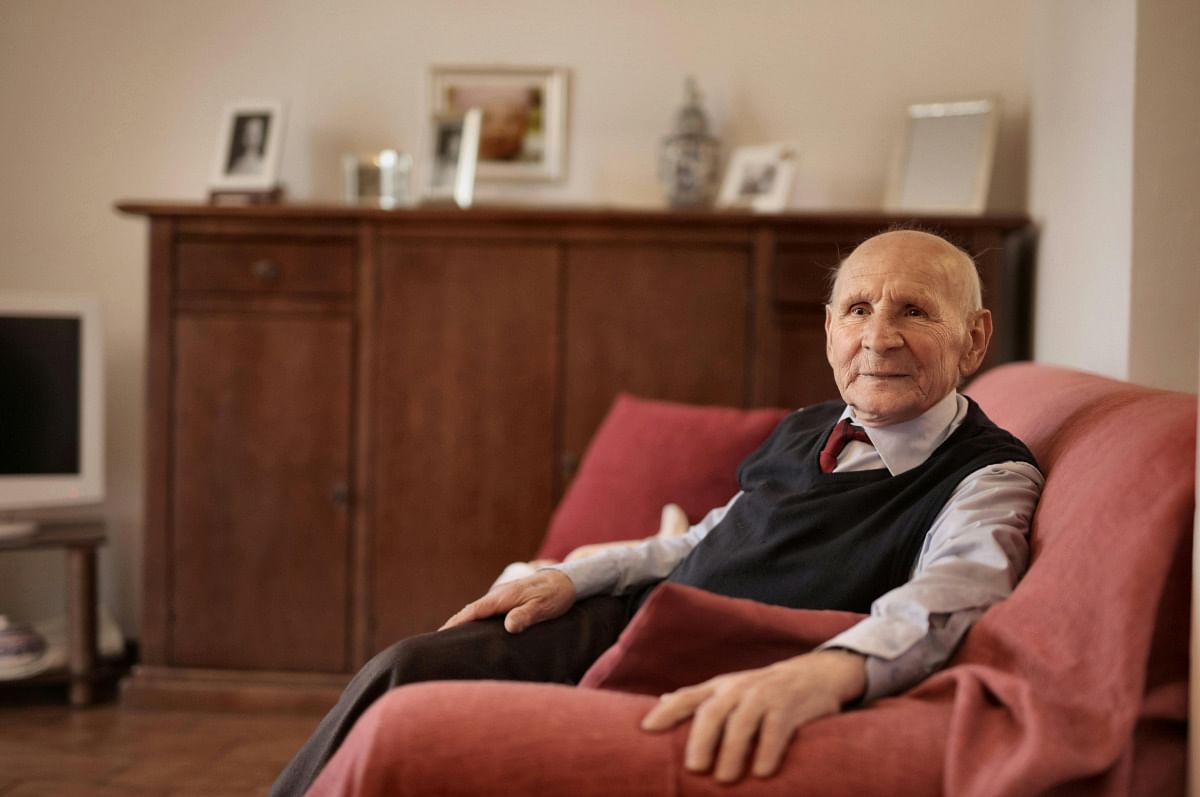
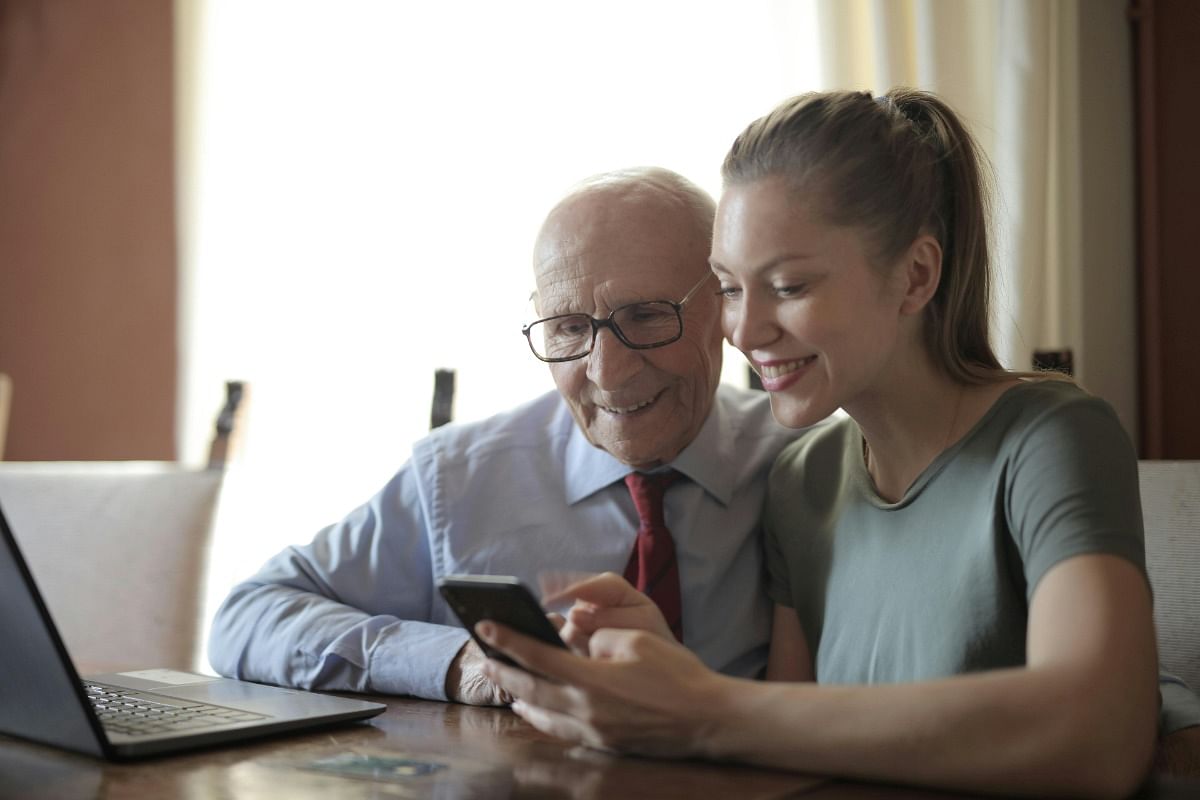
Navigating VA and Medicare Benefits
Veterans can receive hospice through the Medicare Hospice Benefit if eligible, and many veterans also qualify through VA resources. Coverage details vary based on service history and health needs. Social workers help families understand options, coordinate with VA representatives when appropriate, and reduce paperwork stress. Plans are designed to prevent duplicate services and to keep care simple. Guidance is practical and focused on timelines, costs, and what is included.
Who Qualifies and When to Start
Hospice is designed for people with a life expectancy of six months or less if the illness follows its usual course; a physician must certify eligibility. Many families wait too long and miss months of helpful support. Earlier enrollment often leads to better comfort, fewer crises, and more time at home. A free evaluation can confirm if hospice is appropriate now or if another level of care would fit better. Additionally, goals are reviewed regularly, and care can be changed if conditions improve or preferences shift.


Conditions We Commonly Support
Veterans come to hospice with a wide range of diagnoses. Common conditions include cancer, congestive heart failure, COPD, pulmonary fibrosis, kidney failure, liver disease, ALS, Parkinson’s disease, dementia including Alzheimer’s, and complications after stroke. Many also live with diabetes, chronic pain, or wounds that require careful daily attention. Care plans are tailored to match the condition, the stage of illness, and the veteran’s goals for comfort and dignity.
Family and Caregiver Support
Hospice supports the whole household. Social workers help families talk through hard topics like safety at home, care choices, and funeral planning. Guidance is offered on power of attorney, living wills, and other documents. Counseling is available for stress, conflict, and grief. After a death, bereavement services continue through phone calls, support groups, and one-on-one visits. Children and teens receive age-appropriate help to process loss.
Medication and Equipment Coverage
Hospice usually covers medications related to the terminal diagnosis as well as supplies and equipment that support comfort. Examples include pain medicines, oxygen, walkers, wheelchairs, hospital beds, incontinence supplies, and wound care products. The team explains what is included and how deliveries work, and clear labeling and simple dosing schedules reduce errors and keep care on track.
Safety at Home
Small improvements can prevent falls and reduce stress, and these include safety check looks at lighting, thresholds, loose rugs, and bathroom setups. Caregivers get tips on safe transfers, bed positioning, and pressure sore prevention. Our team works with families to prepare to fit equipment into the home without disrupting daily life.
Communication With Other Providers
Many veterans see multiple clinicians, and that’s why skilled military veteran hospice coordinates with primary care providers, specialists, VA clinics, and facility staff to keep everyone aligned. Updates are shared to avoid conflicting advice. Medication lists are reconciled to prevent interactions so that families always know who to call first when questions arise

How to Get Started
A referral can come from a hospital, clinic, VA provider, or directly from a family. One phone call begins the process. A nurse meets the veteran and caregivers to learn goals, review medications, check the home environment, and explain services. Consent forms are simple and reviewed step by step. Most families receive their first supplies and a care plan within a short time frame. Communication stays open from the first day forward.
Our Promise to Veterans and Families
Dignity and respect guide every visit. Care plans are clear, costs are explained, and questions are answered in plain language. Staff arrive on time, listen carefully, and follow through. Comfort is measured and tracked so adjustments happen quickly. Families are never left to figure things out alone.
Frequently Asked Questions
Hospice focuses on comfort rather than cure. Treatments that ease symptoms or improve quality of life can continue. Decisions are made together with the veteran and family.
Primary care providers can remain part of the care team. Hospice physicians collaborate and provide guidance on comfort-focused treatments.
Most medicines related to the life-limiting illness are covered by hospice. The team explains which drugs are included and how to handle refills.
A nurse is on call at all times. Phone support and urgent visits help manage symptoms and prevent unnecessary emergency room trips.
Yes. Discharge can occur if the condition stabilizes or improves. People can return to hospice later if they qualify again.
Certified nursing assistants visit on a schedule to help with bathing, grooming, and comfort. Frequency is based on need and the plan of care.
Bereavement services continue for more than a year after a death. Support is tailored to each family’s needs.
Why Choose Anvoi Hospice for Hospice for Veterans
Experience with veteran needs shapes every part of our program. Teams use proven methods to control symptoms, reduce hospitalizations, and keep care centered at home when possible. Veteran-to-veteran support and recognition events honor service in meaningful ways, and benefits counseling and coordination reduce paperwork and delays. Communication stays simple and direct, which helps families feel in control during a difficult season.
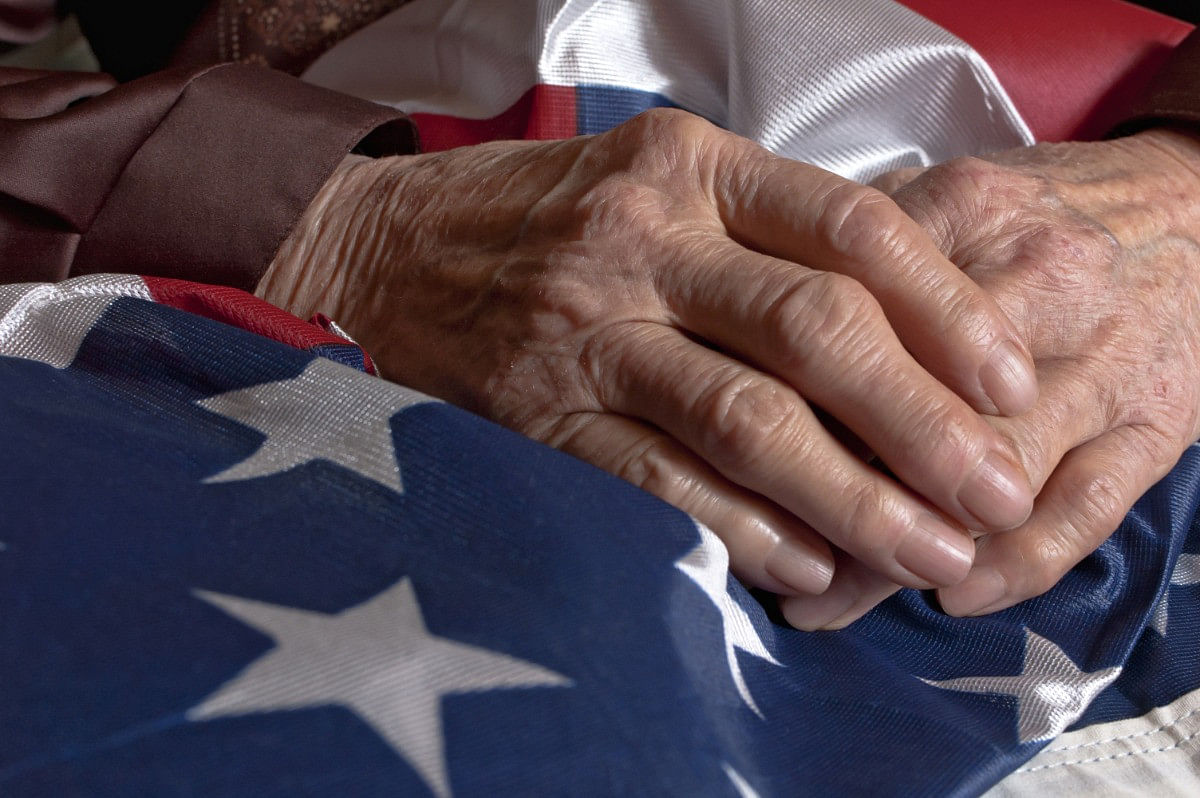

Start Veteran Hospice Care Today
Peace of mind is possible with the right support, and Anvoi Hospice delivers hospice for veterans that blends expert symptom control with respect for military culture and family needs. Care can start quickly, and help is available at any hour. Contact our team today to schedule a conversation and learn how we can support your family today.



